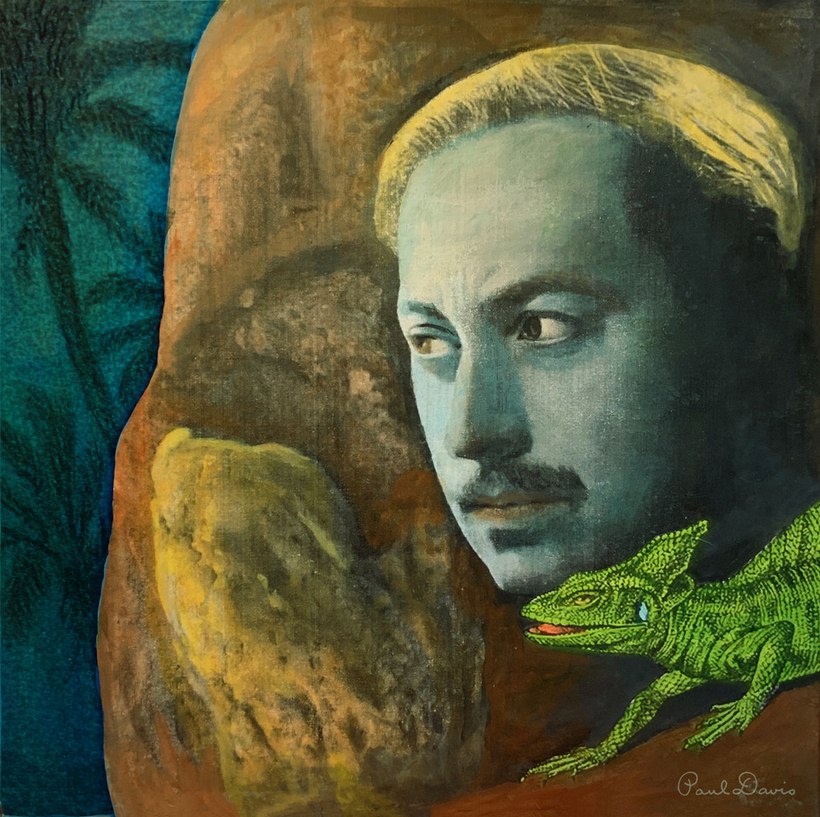“Who am I … ?” Tennessee Williams asked in a 1968 poem. “A monster among angels, or an angel among monsters.” Williams, who spent his early life in an Episcopal Mississippi rectory, devoted his adulthood to unlearning the repression of the monolithic puritanism in which he’d been marinated. His plays chronicle the brilliance and the barbarity of his deliberate regression. “I’m a peculiar blend of the pragmatist and the Romanticist and the crocodile. The monster,” he told The Miami Herald in the 70s.
But, as early as the mid-50s, when boozing, pills, and promiscuity began to warp his heart and to threaten his art, the word “monster” began filtering into his plays. There were the “no-neck monsters” (Cat on a Hot Tin Roof); the “monster meets monster” standoff between Chance Wayne and Alexandra de Lago (Sweet Bird of Youth); and the eponymous monster under the hotel veranda in The Night of the Iguana (1961), literally straining at the end of its tether, an emblem of Williams’s own tormented, mutated spirit.


